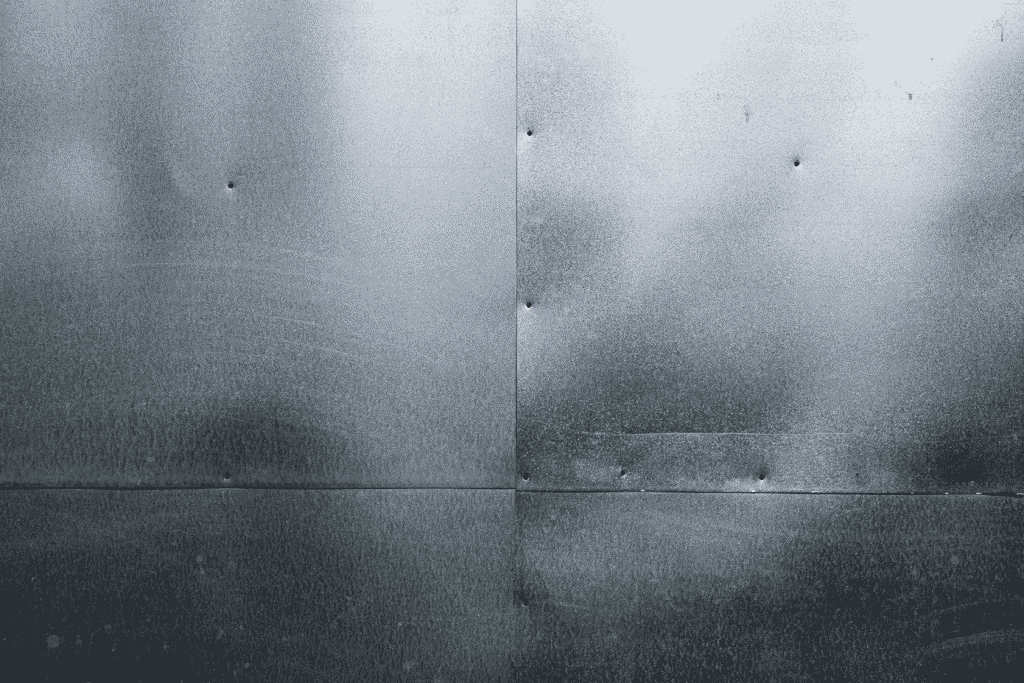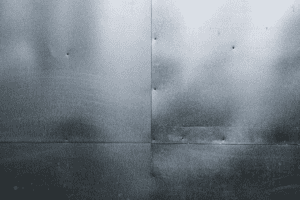At Selmach we offer a wide range of high quality sheet metal guillotines, any of which can be demonstrated in one of our UK branches; Whether that’s a mechanical guillotine, designed for fast, accurate cutting of mild steel up to 4mm, a swing beam hydraulic guillotine giving greater power, visibility and safety or a variable rake hydraulic guillotine for heavy duty work and an impressively long working life.
Whatever guillotine you choose for yourself or your business, and whatever tasks you need it to perform, they all have one thing in common; they need to be well maintained and used with care, if not then shearing defects can and very often will start to creep into your work.
The term ‘shearing defects’ is really an umbrella term for a variety of undesirable effects you might encounter during the shearing processes that you and your guillotine undertake, they can include a poor edge quality, bowing, twisting and crooking (errors in general straightness of a workpiece.)
The good news is that all of these defects are avoidable, and here are some of the best tips, and questions to ask yourself in order to avoid shearing defects while using your guillotine.
Are the blades sharp?
Cuts need to be neat and they need to be regular, if they aren’t then poor edge quality is an inevitable consequence. With that in mind, checking the blade wear regularly will tell you when the blades aren’t as sharp as they used to be.
Chips in the blade
Spotted ideally by a careful inspection or worse; defects in workpieces. Blades can become damaged over time by poor maintenance or just normal wear and tear; good housekeeping is always the best option!
Don’t use cheap or poor quality steel
An often overlooked issue can be the quality of the materials you work with. It’s important to remember that those which might seem cheapest can often become the ones you end up paying the most for…
Oil your blades when cutting aluminium
This tip is more about wisdom and experience as opposed to common sense, if you are shearing aluminium then lubrication is best practice and a very good policy. It is also a great idea to make sure the oil hold-down jacks are not leaking once in a while too. Your blades will thank you, and your end products will be defect-free.
There are one or two other things you can do to make sure shearing defects do not rear their ugly head in your workshop; making sure your backgauge is parallel and datumed, and ensuring the guillotine’s squaring arm is set square are both vital. For help and advice on how to perform these tasks on your guillotine or for any other queries, get in touch: click, tap or call us on +44 (0)1432 346 580, email [email protected] or get in get in touch via our website.
Other issues with your Guillotine? Check out these blogs;
- How to datum your backgauge on a Hydraulic Guillotine with a Cybtouch Controller
- How many times a guillotine blade can be turned
- Calibrate an Elgo Controller to a Guillotine Backgauge
Published 24th October 2018


